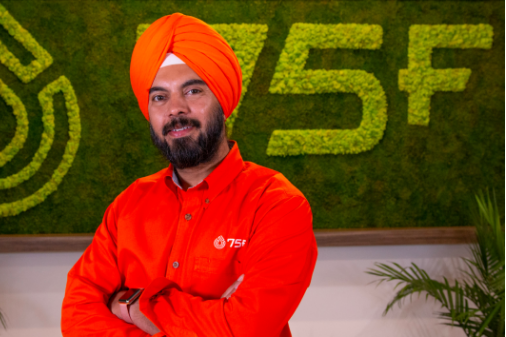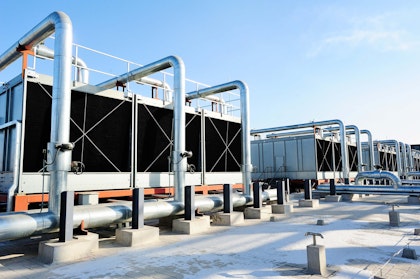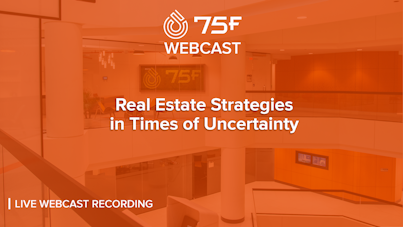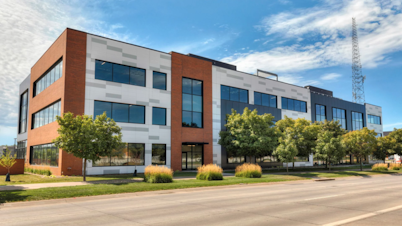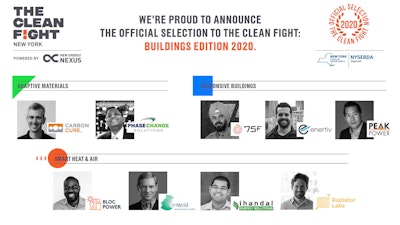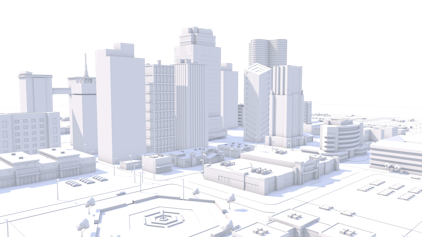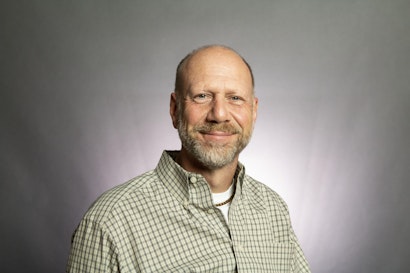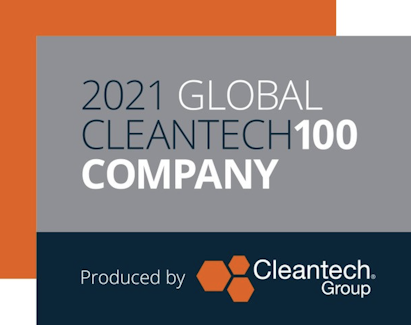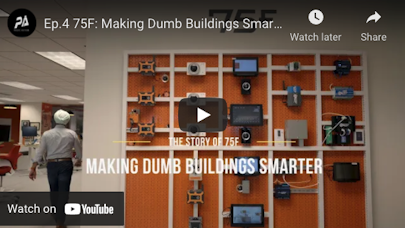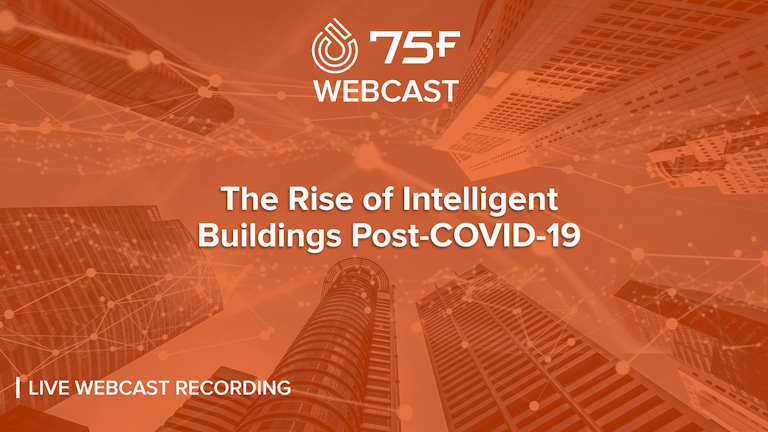
Healthier Buildings Series: Rise of Intelligent Buildings Post-COVID-19
Even as COVID-19 vaccines begin distribution around the globe, visionaries in the commercial buildings industry say the trajectory of the built environment cannot revert to its path before the pandemic. That may not be a bad thing, they say.
In this webcast session, 75F hosts a panel with buildings industry leaders to discuss the future of buildings and the ways in which commercial design and systems will need to adapt in the next decade. Webcast hosts are 75F founder and CEO, Deepinder Singh; former United Technologies executive, Kelly A. Romano; John Picard of John Picard & Associates; and Douglas Mass, president of Cosentini Associates.
Ms. Romano is currently CEO of consultancy BlueRipple Capital, LLC. In her most recent role with UTC, Ms. Romano served as President, Intelligent Building Technologies, driving growth across a $30 billion commercial business. Mr. Picard has been designing for the future we all want to live in, from City Center Hotel Las Vegas to Atlantic Station in ATL, the Grand Wailea in Maui, all the way to the White House. Mr. Mass is internationally recognized in the design and construction industry due to his expertise as a mechanical engineer, design innovation, and high-performance building projects designed by leading architects.
Silver linings: a wakeup call
While COVID-19 wrought undeniable chaos on health and livelihoods, webcast hosts agree the pandemic is a wakeup call to the buildings industry in more ways than one.
Owners, occupants, and contractors now understand that excellent indoor air quality (IAQ) is imperative, not just a bonus feature of a building. And while the industry poises to reorient long-term priorities toward health, wellness, and sustainability, the unnecessary complexity of building systems and lack of innovation over the last decades is all the more apparent.
"The controls industry right now is kind of like Lego blocks," Singh says in the webcast. "There are so many things you can do, but you need a system integrator, a Lego master, to come in and make that into something useful."
Despite the industry's slow evolutionary pace, innovative players can develop — and in some cases, have already developed — turnkey solutions driven by machine learning that can unify and simplify the healthier buildings of our future.
